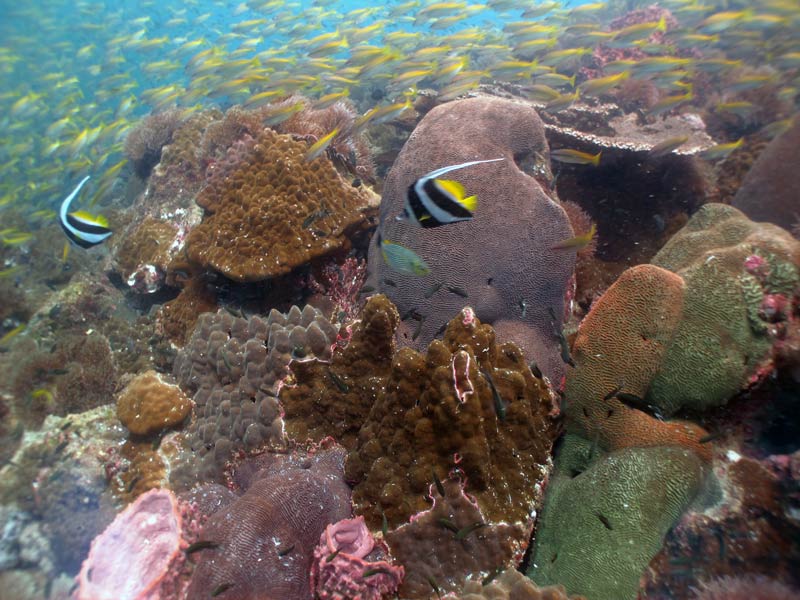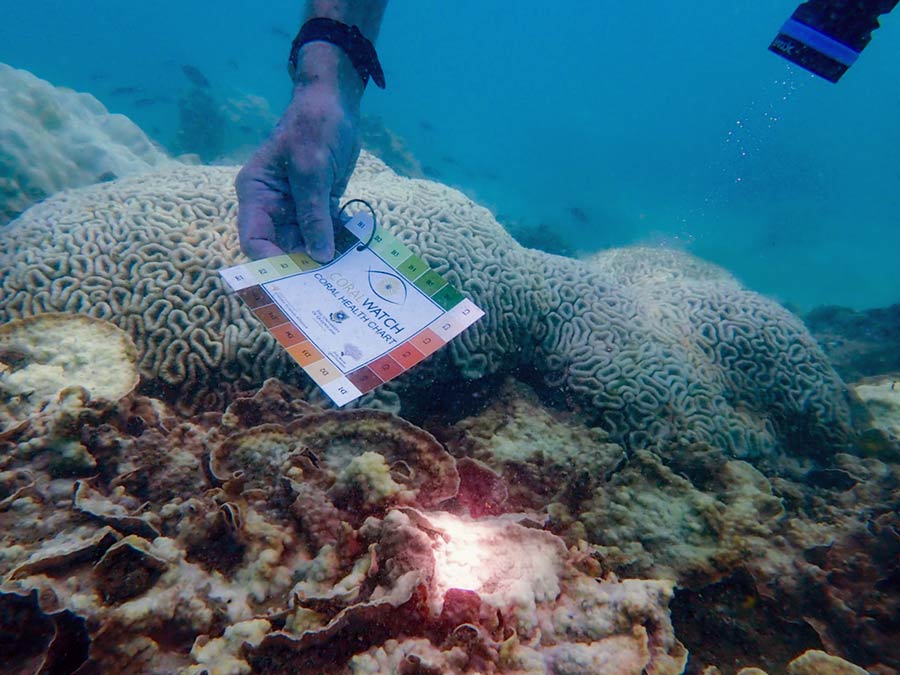What is Coral?
Corals are marine invertebrates belonging to the class Anthozoa in the phylum Cnidaria, which also includes sea anemones and jellyfish. Individual corals, known as polyps, have a cylindrical body with a mouth surrounded by tentacles. Polyps often form colonies, creating extensive coral reefs over time.
Purpose of Coral
Corals play a crucial role in marine ecosystems by providing habitats and shelter for 25% of all marine species, assisting in nutrient cycling, and contributing to coastal protection. They are essential for maintaining healthy ocean food chains and supporting biodiversity.

Is Coral an Animal or a Plant?
Corals are animals. They are made up of tiny polyps that live in colonies. These polyps have a symbiotic relationship with zooxanthellae, algae that live within their tissues and perform photosynthesis, providing corals with energy and their vibrant colors.
Reef-Building Corals
Hard or stony corals (scleractinians) are the primary reef builders in tropical oceans. They secrete calcium carbonate to form hard skeletons, creating the structure of coral reefs. The symbiotic relationship with zooxanthellae allows corals to thrive in nutrient-poor tropical waters by obtaining energy through photosynthesis.

Importance of Coral Reefs
- Biodiversity: Coral reefs are among the most diverse ecosystems on the planet, supporting thousands of marine species.
- Coastal Protection: Reefs act as natural barriers, reducing wave energy and protecting coastlines from storms and erosion.
- Economic Value: Coral reefs generate over $375 billion annually through tourism, fishing, and coastal protection. They are also sources for medical research, contributing to the development of treatments for various diseases.
Coral Bleaching and Its Causes
Coral bleaching occurs when corals expel the zooxanthellae due to stress, often caused by elevated water temperatures. This leads to the loss of color and energy, making corals more susceptible to disease and death. Climate change, resulting in warmer oceans, is the primary driver of coral bleaching.
Can Coral Recover from Bleaching?
Coral recovery is possible if stress conditions improve quickly. Surviving corals can regain their algae, and healthy neighboring corals can help repopulate affected areas. However, severe or prolonged bleaching, combined with other stressors like pollution and ocean acidification, can lead to significant coral mortality and long recovery periods.

Coral Reefs in Pattaya
Pattaya has experienced significant bleaching events, notably in 2010, 2014, 2018, 2023 and 2024 affecting coral health and coverage. Despite these challenges, the reefs around Pattaya have shown resilience and high recovery rates compared to other areas in Thailand.
Get Involved with Coral Watch Coral Health Surveys
Understanding coral and its role in marine ecosystems empowers scuba divers to become ocean advocates. Engaging in conservation projects, participating in coral health surveys, and supporting sustainable practices can contribute to the protection and preservation of coral reefs for future generations. By reducing our carbon footprint and supporting climate action, we can help mitigate the threats facing these vital ecosystems.
One way to help monitor coral bleaching events is by conducting coral health surveys. As scuba divers in Pattaya, we are uniquely positioned to contribute. Scuba Adventures conducts local Coral Watch surveys, a simple, non-invasive method for assessing coral health and monitoring bleaching, developed by scientists at the University of Queensland.
Using the Coral Health Chart, any snorkeler or scuba diver can monitor the health of any coral reef worldwide. Results can be uploaded to the Coral Watch database via the app or Coral Watch Website, aiding scientists in monitoring global trends.

How to Solve the Problem of Coral Bleaching
Solving coral bleaching is complex and requires international cooperation to reduce carbon emissions and combat climate change. Immediate actions include transitioning to a low-carbon economy, making sustainable choices, and supporting policies and representatives committed to climate action. Together, we can contribute to making our oceans and world a better place, ensuring the health and survival of coral reefs for future generations.















